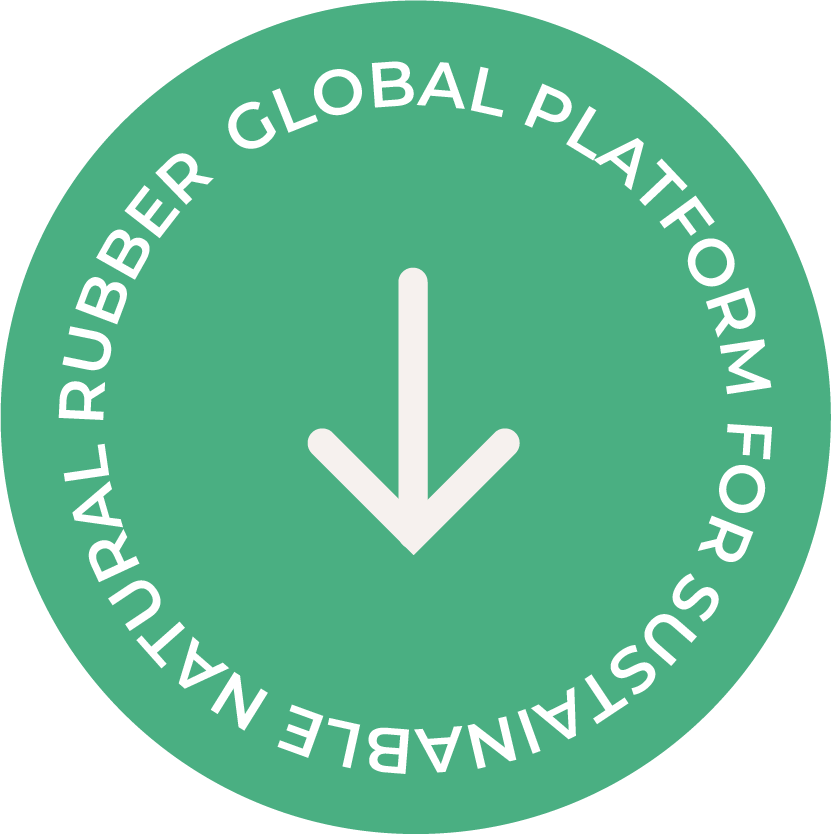Message from Stefano

Dear Members, Supporters and Friends,
This is our first annual report since we began our work in 2019, so along with reflections on this year, I am also taking this opportunity to share my thoughts and emotions on the four very productive years that have gone by, as well as what lies ahead.
When we came together to define what “fair, equitable and environmentally sound” should mean for the Natural Rubber chain, we were only 12 members strong. We had no smallholder representation in our membership and our model of work, code of conduct, and membership statutes were yet to be designed. Almost four years and a life changing pandemic later, I am so proud that we have over 230 members, including 178 smallholders from 11 rubber producing countries, and companies representing over 55% of the global rubber demand. Our working groups, executive committee and general assembly have presided over our robust policy framework that all GPSNR members now adhere to and report on via our reporting requirements. Our capacity building work carries on in full swing in Indonesia, Thailand and Côte d’Ivoire now reaching thousands of farmers. Our shared responsibility framework was approved this year and continues in its implementation phase to ensure that costs and benefits of sustainability are distributed equitably across the supply chain.
While we have come a long way, our work to switch “from commitment to implementation” has just started. We should congratulate ourselves for the work so far in these difficult times, but I want us all to look forward to our work this year. Our assurance model and shared investment mechanisms have the chance to make GPSNR and its members shine beyond the Natural Rubber sector, as a spearheader of innovation for collective action. So let’s take this opportunity to recommit to work together to improve transparency, assurance and shared responsibility across the supply chain, and improve outcomes for all stakeholders.


Membership Growth
Current Members By Category
0
20
40
60
80
100
120
140
160
180
Membership Over Time

Working Group Highlights
GPSNR is governed by a general assembly and an executive committee that is elected by members and the work is progressed through five member-driven working groups.

Policy Toolbox
Sub-working groups:
- Transparent reporting roadmap
- Implementation Guidance and RR Guidance & Tools
Currently working on:
- Finalising the Implementation Guidance and Reporting Roadmap

Capacity Building
Countries:
- Indonesia
- Thailand
- Côte d’Ivoire
- Malaysia
- Liberia
- Cambodia
Currently working on:
- Smallholders Knowledge Sharing Platform
- Pilot Income Diversification- Rubber Agroforestry Workshops
- Country-specific Strategies and Projects
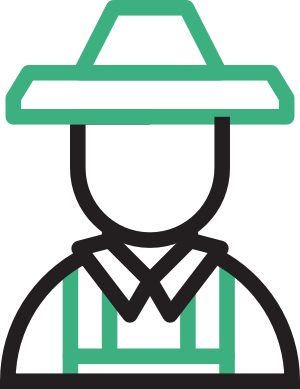
Smallholder Representation
Currently working on:
- Smallholder Policy Equivalent
- HCSA-HCVN Field Trials
- Country Specific Smallholder Engagement Activities

Strategy and Objectives
Sub-working groups:
- Risk
- Assurance Model Task Force
Currently working on:
- Assurance model development roadmap
- Strategy to address gaps found in the current work and the Theory of Change
- Defining the risk based approach
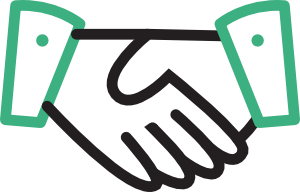
Shared Responsibility
Currently working on:
- Shared Responsibility Framework
Key Impacts

Smallholder Focus
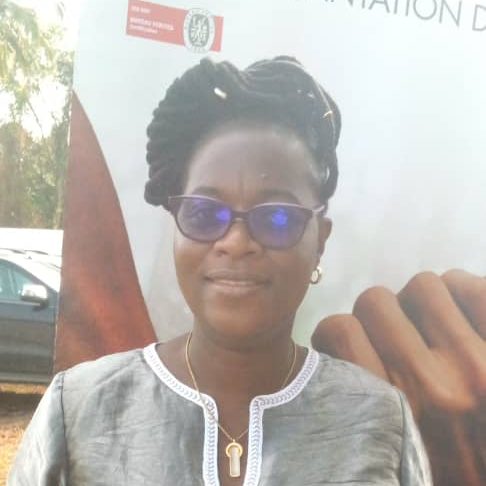
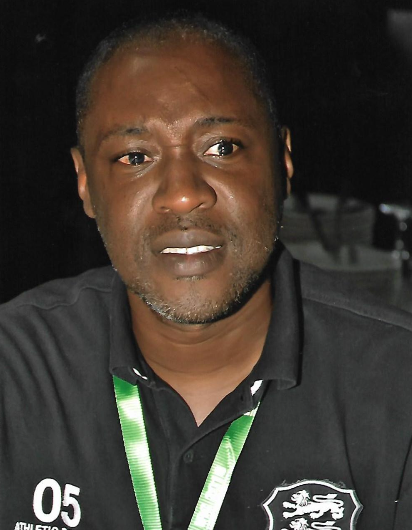
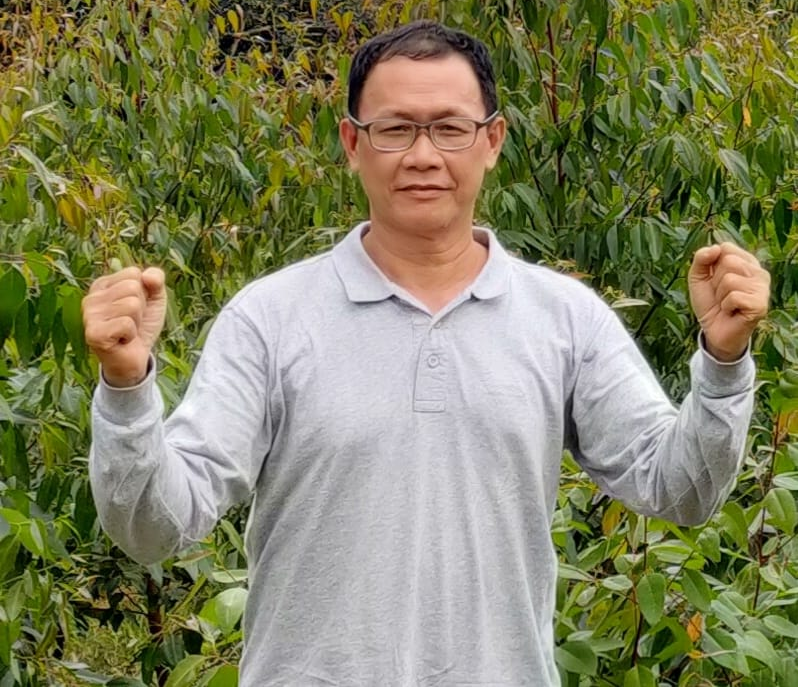
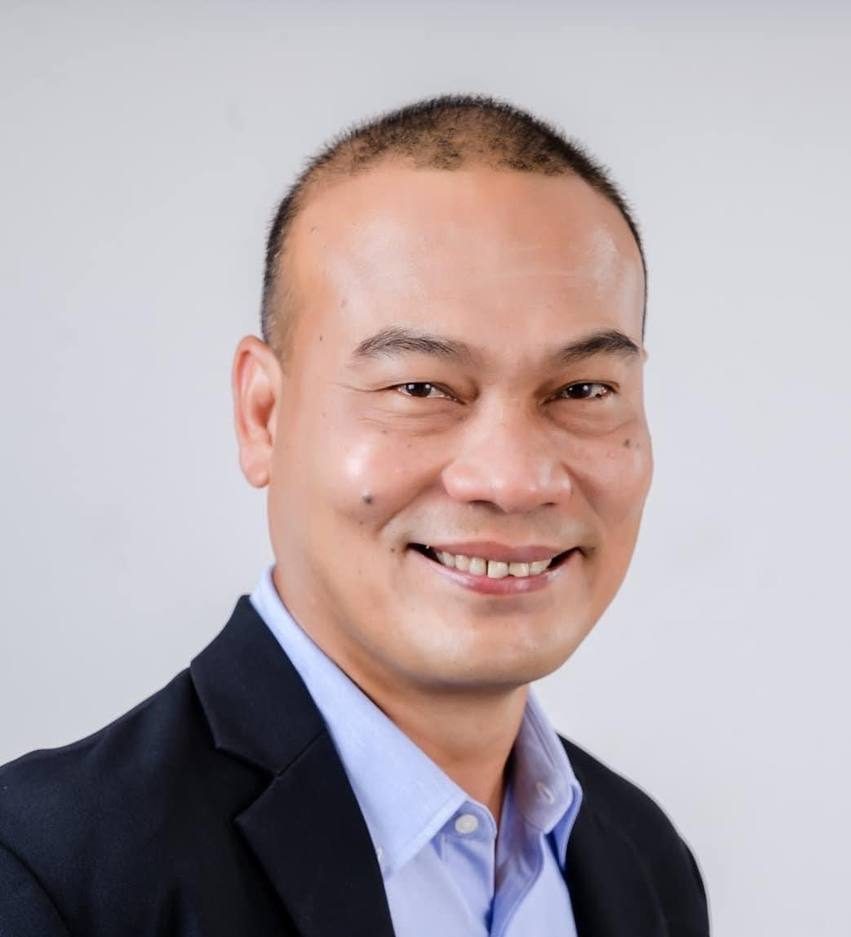




Our Donors
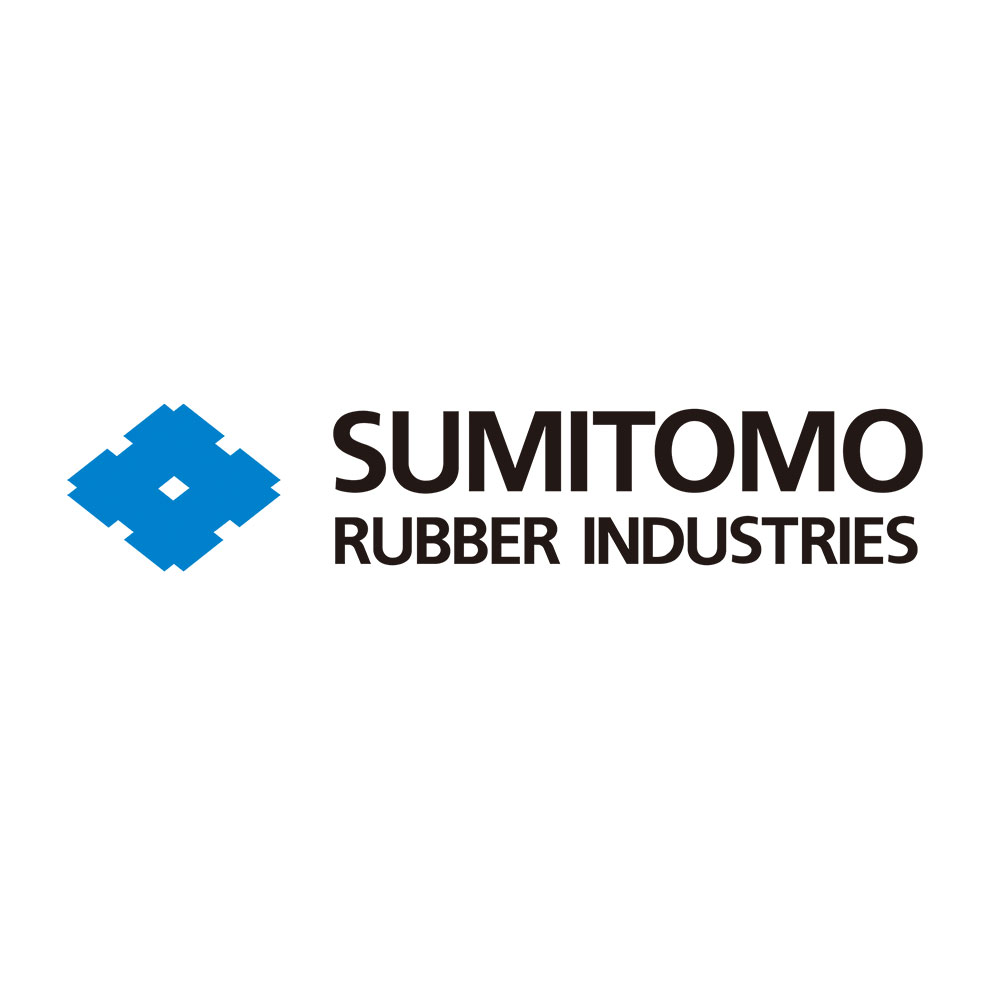
Sumitomo
The Sumitomo Rubber Group is honored to take part in GPSNR’s Capacity Building Project, which is designed for and developed together with smallholder farmers.
Contributing to this project, which aims to achieve income diversification and disseminate Good Agricultural Practices in Thailand, aligns with the Sumitomo Rubber Group’s Corporate Philosophy Structure―“Our Philosophy”― and “Sustainable Natural Rubber Policy”.

Bridgestone
As part of our broader work with GPSNR, our funding for capacity building projects on agroforestry gives us great pride. We are also excited to be at the forefront of identifying a long term funding model via a shared investment framework from the industry, which will help us scale these efforts further.

Financials
Statement of Financial Position
| Source | Income | Expenses | Surplus |
|---|---|---|---|
| Institutional Donors | 634,765 | 634,765 | — |
| Members capacity building pledges | 462,709 | 98,386 | 364,322 |
| Membership fee | 788,132 | 532,154 | 255,979 |
| Total | 1,885,606 | 1,265,305 | 620,301 |
All amounts are in SGD
The surplus from member capacity building pledges is earmarked for projects starting in 2023
A vision for the
Future

In the next year, GPSNR aims to have a functional model for assurance based on a risk based approach.
This means that various structural components of this model work together to improve compliance across the supply chain and improve outcomes for all stakeholders. Through GPSNR’s collaborative structure, members are now in a position to move towards a “shared responsibility model”: this means ensuring that benefits, risks and improvement investments are equitably distributed across the actors in the natural rubber value chain, which we hope to present at COP28 in 2023.



